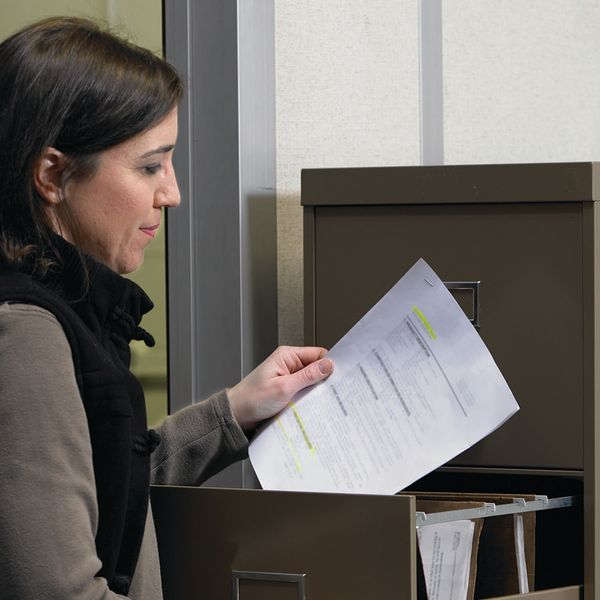FMLA recordkeeping 101
Like so many employment laws, the federal Family and Medical Leave Act (FMLA) includes recordkeeping requirements. Employers must also keep certain related records regarding employee identification and pay under the federal Fair Labor Standards Act (FLSA). Much of that information falls under the FMLA as well.
The FMLA does not require any particular order or form of records. Employers may keep the records electronically if they wish. Employers must, however, be able to provide the records should the U.S. Department of Labor conduct an audit or investigation.
Employers need to keep the following information:
- Employees' identifying information
- Full name and social security number
- Address, including zip code
- Birth date, if younger than 19
- Sex and occupation
- Payroll data
- Time and day of the week when the employee's workweek begins
- Hours worked each day
- Total hours worked each workweek
- Basis on which employee's wages are paid (e.g., "$9 per hour," "$440 a week," "piecework")
- Regular hourly pay rate o Total daily or weekly straight-time earnings
- Total overtime earnings for the workweek
- All additions to or deductions from the employee's wages
- Total wages paid each pay period
- Date of payment and the pay period covered by the payment
- Date(s) of FMLA leaves
- FMLA hours/days/weeks taken
- Copies of eligibility/rights and responsibilities notice
- Copies of designation notices
- Employee FMLA-related notices
- Copies of certification forms
- Benefit documents
- Records involving disputes about the designation of FMLA leave
Three years
Employers should keep these documents for at least three years. They must keep any records with medical information confidential and separate from any personnel file(s).
Key to remember: During audits or investigations, the U.S. Department of Labor can make broad information requests, so employers need to have excellent recordkeeping.























































